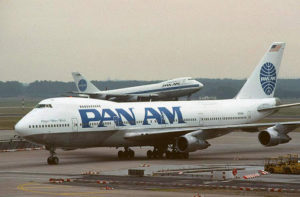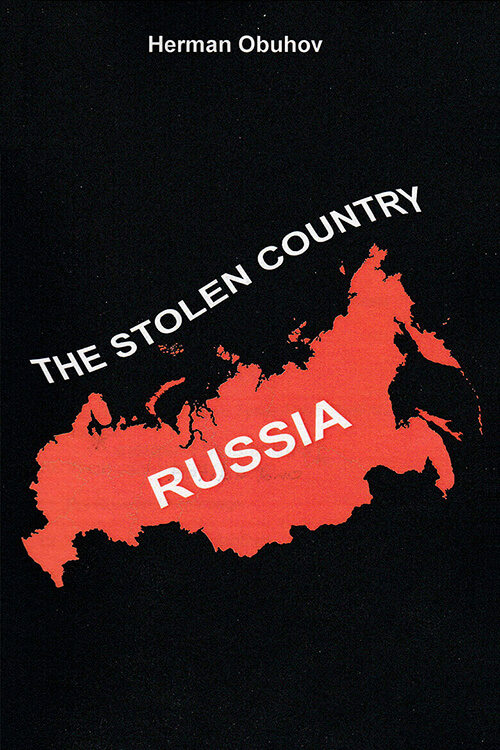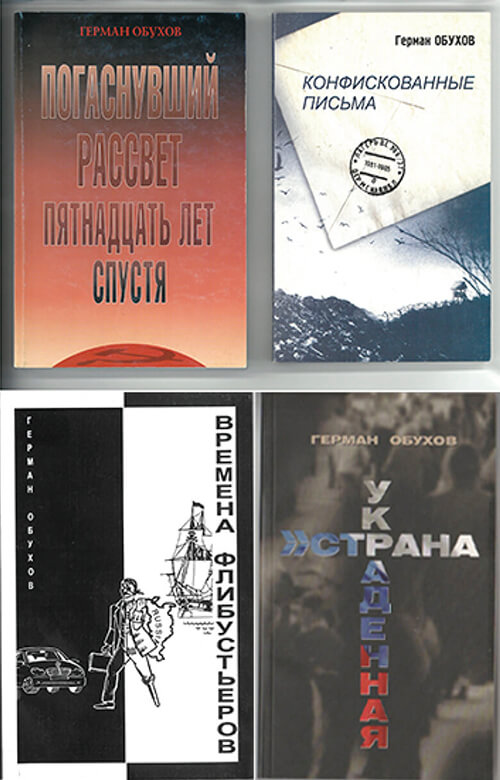The train to Frankfurt travelled through the Netherlands, and luckily I already had a Dutch and German visa in my British travel document. I took a short ferry to Rotterdam and then headed straight to Germany. However, I stayed in Frankfurt for only a day. Next day a representative from the US Army came to pick me up and take me to the US military intelligence base in Munich, where I was accommodated in a full-board separate room in a guesthouse. I gave very well-paid lessons in Russian language and Gulag geography and gained economic independence, although I enjoyed it in a different way: I did not save, I bought various clothes and sent it to my parents and wife in Leningrad. I made a lot of new friends from Soviet political emigration during my life in Munich. I met with Vladimir Voinovich, the author of the book about Soldier Chonkin, Julia Voznesenskaya, Poetess, Zhora Mikhailov, sobviet dissident, and other interesting people. I visited Radio Liberty, where they showed me my file containing an anonymous message received from the labor camp that I was working for the KGB. I asked who was the author of such a bare-faced lie, but they replied that I didn’t have to worry as they had a similar message about nearly everyone. Over the four months I spent in the beautiful city of Munich, I had adapted to the western way of life and had travelled all around Bavaria. One day the representative of American military intelligence offered me a job at the CIA upon my arrival in the US. I told him that I would think about the offer, but I did not accept it, as I wasn’t comfortable with the restrictions it would impose on my personal liberty.

My documents for entering the United States were ready in four months. I was again taken to Frankfurt, where the Consulate of the United States gave me a package of documents for the immigration service in America and a plane ticket. On October 30, 1988, I set foot on a small piece of American land – the Pan Am Boeing 747: I had never flown on such a huge plane before. It was take to the US seven hours to fly. I spent around 20 minutes at passport control in JFK – I had a German travel document with a visa from the US Consulate in Germany and a package of documents for the immigration service confirming my status as a political refugee. Alexander Hoffman, the same publisher I had met in Moscow back in 1981, was already waiting for me at the JFK terminal exit. We hugged and then he took me to his house in Darien, a wonderful town in Connecticut. As soon as we came out onto the highway, I realized it was a one-of-a-kind world. It was my new start. I spent the first two months before 1989 traveling and arranging my life. I stayed for nearly a month in Washington with Lyudmila Alekseeva, who worked for Voice of America, and then with her friends in New York. I received an SSN, a most important document in the U.S., and an American driver’s license. I spent my first Christmas with my American friends, and the New Year in a darkened bar together with the owner of an apartment in Stamford, where the Tolstoy Foundation had taken me in after my trips. I liked Connecticut, but I did not want to depend on benefits or aid from various foundations. If I was going to live in Connecticut I needed a car, so the apartment owner, a temporarily unemployed pilot, sold me his old VW Beetle for the 500 dollars I had managed to save up. The car broke down two weeks later. However, the repair of its transmission exceeded my budget, so I had to throw it away, and say goodbye to the apartment owner.
Nevertheless, my new friends helped me buy another used, but more reliable, diesel Volvo station wagon, allowing me to start doing home renovations and making some money. In the late spring, I started a new, more profitable landscaping job, though I never forgot that I was an engineer by profession. Having prepared a nice CV, I took it to Yale New Haven Hospital and other state medical institutions. My wife flew in from Leningrad in the summer and made my life a little more fun, although I had nagging doubts about the prospects for our future life together. In the autumn I got back to home renovations, but there was a chance that I could return to my main occupation as an engineer, as Yale New Haven Hospital called me in for an interview. Irina, having bought electronics and a bunch of things with my help, went back to Leningrad to her mother in early December. It is always hard to break up, especially with someone who helped you in the hour of need in the Soviet Union and became your significant other. Perhaps she was not comfortable with my social situation in America – a handyman, per se, driving a clunker. Although my job situation dramatically improved two weeks after she had left, when I got a call from Yale New Haven Hospital and was told that I could start working on January 2. I welcomed in the New Year 1990 in New York with my new friends and in high spirits.

